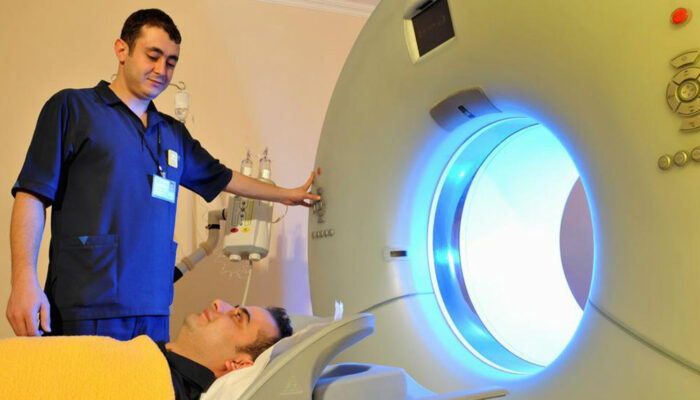
5 Foods to Avoid With Breathing Issues
Medication & Treatment Options
When you have a chronic disease that affects your lungs, such as chronic obstructive pulmonary disease (COPD), NTM lung disease, MAC lung infection, Respiratory Syncytial Virus (RSV) infection, asthma, allergies, or nasal polyps, your breathing and quality of life can be significantly impacted. While certain measures should be taken (i.e., such as getting your annual vaccine boosters like Pfizer), taking medications Robitussin, Theraflu, Stiolto, Flonase, and Afrin; and specific environmental factors should be avoided, such as second hand smoke and pollution, certain foods should also be avoided to help reduce breathing related symptoms, allergic reactions, and asthma attacks. Until we suffer from a breathing related issue, clear breathing is something we may take for granted. Read on to learn about five foods that doctors often recommend patients with existing breathing issues avoid:
1. Eggs
Many patients with existing food allergies may find that eggs trigger their symptoms (particularly if they have an egg allergy). In addition, several studies suggest that asthma symptoms may be exacerbated by this common allergen, and that eating eggs may cause inflammation in the nasal passages and airways. Even asthma sufferers with a slight egg allergy or sensitivity may suffer breathing issues shortly after eating dishes or baking that contain eggs.
2. Dairy products
Cow’s milk (or casein) is another common food allergen and can trigger inflammation and congestion in the nasal passages and airways. Casein, which is cow milk protein, is commonly found in animal sourced milk, cheese, whey protein powders, butter, cream, sour cream, whipped cream, ice cream, and yogurt. Even patients with a slight dairy sensitivity may experience excess mucus and breathing issues after eating dairy. However, patients with a milk allergy can experience hives, narrowed airways, and even anaphylaxis, which is a life-threatening allergic reaction, after eating dairy products.
3. Shellfish
Another common food allergen that causes breathing issues is seafood and shellfish such as shrimp, crab, lobster, oysters, and mussels. Even slight allergies to seafood can result in high levels of histamines, which can trigger inflammation, congestion, hives, an asthma attack or, in severe cases, anaphylactic shock. Even a slight seafood allergy means you should avoid eating fish and shellfish altogether. According to NTM treatment guidelines, shellfish can cause inflammation and congestion and increase the level of histamine. Histamine causes swelling, which makes it even more challenging to breathe, particularly for patients with existing asthma.
4. Peanuts and tree nuts
Peanuts and tree nuts are among the most common food allergens. Patients with even mild allergies can experience inflammation and congestion in the nasal passages and airways, making breathing difficult. If you have asthma or any other breathing issue, as well as a peanut or tree nut allergy, please avoid eating them.
5. Gluten
Gluten is a protein commonly found in wheat, barley, and rye. It can cause inflammation in the respiratory system and other digestive issues in patients with a gluten sensitivity or allergy. Gluten can be difficult to avoid if you have celiac disease, an autoimmune disorder that affects the digestive system. Celiac disease triggers inflammation in the small intestine and stomach lining, which can affect the absorption of nutrients and cause difficulty breathing. If you have asthma or any other breathing issue and experience any of these symptoms after eating gluten-containing foods, please avoid them.
If you suffer from breathing issues due to asthma or allergies, it is essential to be aware of what you’re eating. Allergies and asthma often go hand-in-hand, so please talk to your doctor or dietitian about creating a plan that will work best for you and help make breathing easier. Keep a food diary, and if you notice any form of negative reaction after eating these foods (i.e., excess mucus, coughing or wheezing, itching around the mouth or throat, hives, or nasal discharge), it’s important to limit your exposure. Also, check with your doctor to see if you are eligible for allergy testing. The tests can help identify foods that trigger or worsen your asthma or breathing issues.



